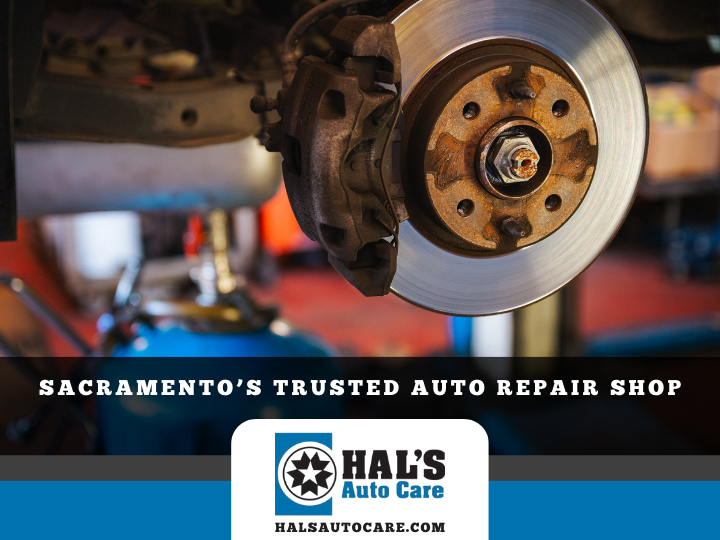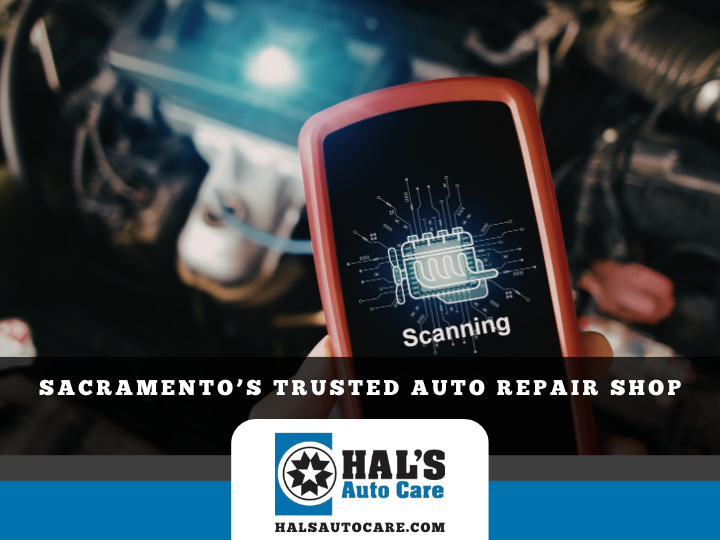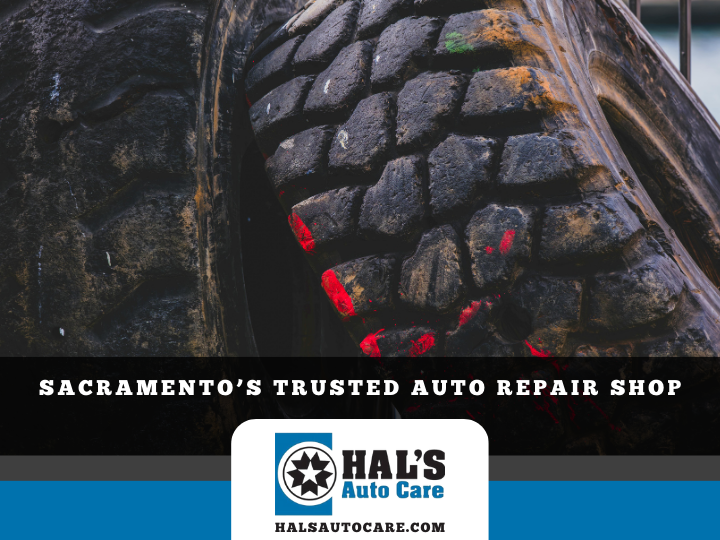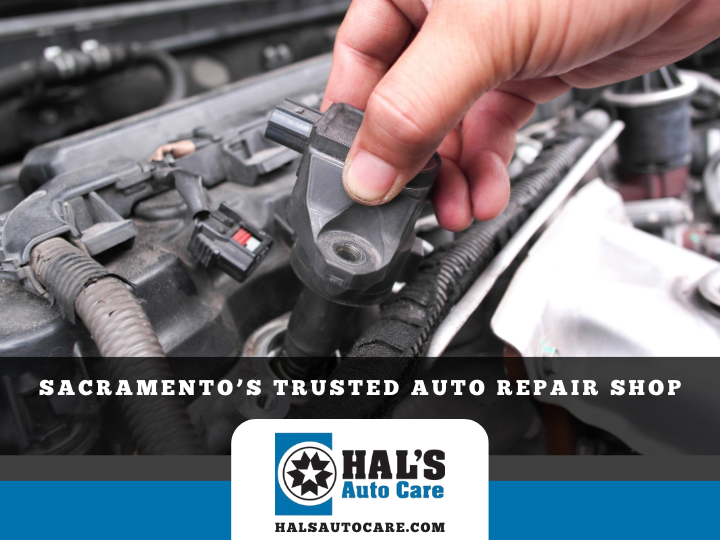Why is my truck misfiring?
Why is my truck misfiring?
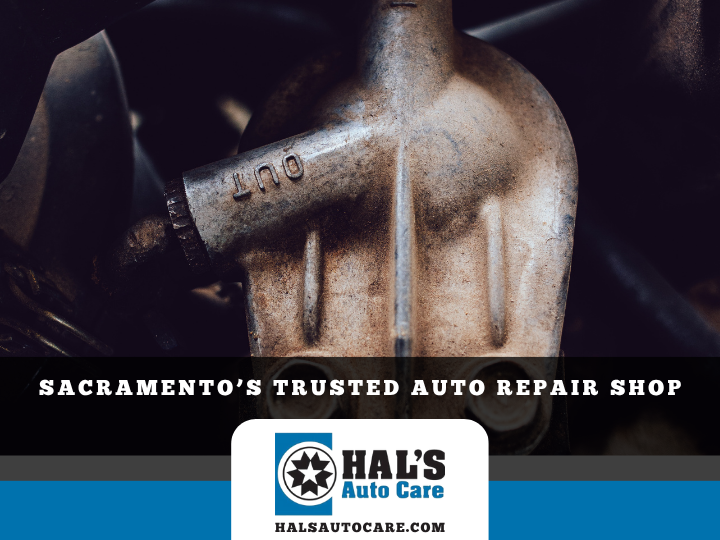
Why Is My Truck Misfiring?
The Real Reason Your Truck Is Shaking, Struggling, or Flashing the Check Engine Light
A misfire may seem small—a little rough idle here, a hiccup in acceleration there. But what starts as a subtle shake can lead to catastrophic engine failure if ignored.
Your truck is misfiring for a reason. And every time you start it, rev it, or drive it with that problem lingering, you’re putting your fuel system, exhaust system, and engine internals under pressure they weren’t designed to handle.
At Hal’s Auto Care in Sacramento, we specialize in tracking down the real cause behind engine misfires—so we don’t just patch the problem, we eliminate it.
What Is a Misfire—and Why It Matters
A misfire happens when the combustion process inside one or more of your engine’s cylinders breaks down. That could mean the air/fuel mixture isn’t being ignited, it’s being ignited too late, or it’s not compressed properly in the first place.
In simpler terms: your engine is trying to fire, and one or more cylinders are saying no.
Misfires:
- Waste fuel
- Kill your MPG
- Reduce engine power
- Overheat your catalytic converter
- Create long-term wear on pistons, sensors, and valves
If left unaddressed, a minor misfire can lead to major repairs.
Signs You’re Experiencing a Misfire
Many drivers in the Sacramento area first notice something feels “off” with their truck—but aren’t sure what it is. If you’ve experienced any of the following, your engine may be misfiring:
- Shaky, uneven idle
- Engine stumbles or lurches under acceleration
- Hesitation or loss of power, especially when towing or climbing
- A flashing or steady check engine light
- Lower fuel economy
- Hard starts or frequent stalls
If your check engine light is flashing, stop driving immediately and call us. That’s your vehicle warning you that engine damage is actively occurring.
What Causes a Truck to Misfire?
There’s no single cause of a misfire. At Hal’s Auto Care, we’ve diagnosed and resolved thousands of misfires—and they typically fall into one of the following categories:
1. Ignition System Failure
Worn spark plugs. Cracked ignition coils. Faulty coil boots. All of these can interrupt the spark that ignites fuel in the cylinder. In California’s hot summers and cool nights, heat cycling accelerates wear—especially on trucks that idle frequently or do heavy-duty work.
2. Fuel Delivery Problems
If a cylinder isn’t getting the right amount of fuel—or if the injector is clogged, sticking, or leaking—combustion fails. This is especially common with today’s direct-injection engines, which have high-pressure systems and fine spray patterns that can easily become fouled.
3. Vacuum Leaks or Air Intake Issues
When unmetered air enters the intake through a cracked vacuum line, leaking gasket, or failing PCV system, it throws off your air-fuel ratio. This leads to lean misfires and instability at idle or cruise. Vacuum leaks are common in older or high-mileage trucks and can be tough to spot without specialized tools.
4. Sensor Failures or ECM Confusion
Your engine’s computer depends on data from sensors like the oxygen sensor, MAF, cam/crank sensor, and knock sensor. If that data is wrong, the ECM makes bad decisions—sending too much or too little fuel, mistiming ignition, or activating systems out of sync. The result? Misfire.
5. Mechanical Problems
The most serious misfires come from inside the engine: low compression, leaking valves, worn piston rings, or timing chain stretch. These issues don’t always throw a specific code—but they show up in drivability, noise, and poor fuel efficiency.
Why Misfires Should Never Be Ignored
The longer you drive with a misfire, the more your engine struggles to stay balanced. What starts as one misfiring cylinder can soon affect others, overheat emissions systems, and overload internal components.
Here’s what can go wrong if you ignore a misfire:
- Catalytic converter meltdown – Raw fuel from a misfire ignites in the exhaust, overheating the converter until it fails.
- Oxygen sensor failure – Misfires throw off sensor readings, causing more fuel delivery problems and false diagnostics.
- Carbon buildup and internal damage – Incomplete combustion leaves behind carbon, leading to detonation, pre-ignition, or worn valve seats.
- Engine knock or bearing wear – Rough firing cycles increase vibration and internal stress.
- Major repair bills – A $150 coil or injector can turn into a $2,000+ emissions or engine rebuild if left unchecked.
Why Misfires Are Harder to Diagnose Today
Modern trucks are more advanced than ever—and more sensitive. Many include:
- Cylinder deactivation (e.g., GM AFM or Ford EcoBoost)
- Turbocharged and direct-injection fuel systems
- Variable valve timing
- Adaptive spark control
- Hybrid ignition/fuel strategies
These systems can mask or compensate for early signs of misfire. You might not feel it until it becomes severe—or until it damages components downstream.
That’s why modern misfire diagnostics require advanced tools, real-world testing, and expert analysis—not just a code reader.
The Hal’s Auto Care Misfire Diagnostic Process
At Hal’s, we don’t guess. We diagnose. Our step-by-step process isolates the real cause of your misfire:
- Live Scan Diagnostics – We access your truck’s onboard computer to retrieve freeze-frame data, misfire counters, and sensor inputs.
- Ignition System Testing – Using scopes and meters, we analyze coil performance, spark strength, and plug integrity.
- Fuel Pressure & Injector Flow Testing – We check injector response, spray pattern, and system pressure under load.
- Vacuum & Air Intake Inspection – We use smoke testing and intake leak diagnostics to catch even the smallest air leaks.
- Mechanical Compression Testing – If necessary, we run compression and leak-down tests to confirm internal health.
- Real-World Road Testing – Some misfires only appear under throttle or load. We replicate the conditions and monitor data in motion.
We explain every finding clearly—then walk you through your options. No pressure. Just the facts, the fix, and the confidence to get back on the road.
Your Truck Deserves to Run Right
A misfire doesn’t just affect performance—it puts your engine, your budget, and your peace of mind at risk.
If your truck is shaking, losing power, or showing a check engine light, don’t wait. Get it diagnosed and repaired by Sacramento’s trusted name in advanced automotive care.
Schedule Your Misfire Diagnostic Today
Hal’s Auto Care
📍 2425 Tower Ave, Sacramento, CA 95825
📞 (916) 485-9215
🌐 https://halsautocare.com/services/
Trusted by Sacramento drivers for honest diagnostics, expert repairs, and automotive service that goes the extra mile—every time.
For more information please watch the video





